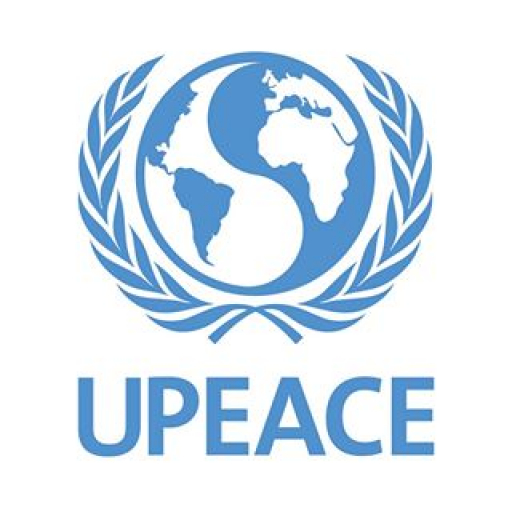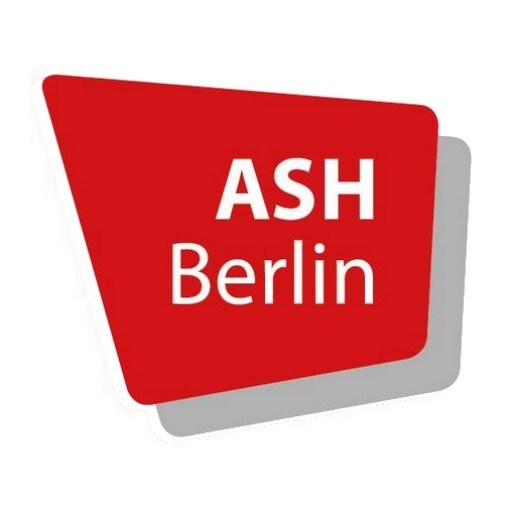Photos of university
The Bachelor of Arts in International Politics and Conflict Studies at Queen's University Belfast is a comprehensive undergraduate programme designed to equip students with a deep understanding of the complexities of global politics, international conflicts, and the mechanisms of conflict resolution. This interdisciplinary degree combines theoretical frameworks with practical insights, enabling students to analyze the causes and consequences of conflicts worldwide and to explore strategies for peacebuilding and diplomacy. Throughout the course, students will engage with a diverse range of topics including international security, human rights, diplomacy, terrorism, and post-conflict reconstruction. The programme emphasizes critical thinking, research skills, and international perspectives, preparing graduates for careers in government, international organizations, NGOs, journalism, and further academic study. Students will benefit from the university’s strong connections with policy makers and international institutions, as well as opportunities for internships and fieldwork. The curriculum is designed to foster analytical skills, cultural awareness, and understanding of global governance structures. Students will participate in lectures, seminars, group projects, and independent research, supported by expert faculty with extensive experience in the field. The degree also offers pathways for specialization in areas such as conflict resolution, security studies, and international development. Upon graduation, students will possess the knowledge and skills necessary to critically evaluate international issues, contribute to policy debates, and work effectively in multicultural and international environments. The programme aims to develop informed, engaged, and responsible global citizens capable of making meaningful contributions to peace and stability worldwide.
Detailed Course Facts
Application deadline January 15 Tuition fee- EUR 4160 Year (EEA)
- EUR 13380 Year (Non-EEA)
England, Scotland and Wales £9,000; EU £3,575; International: £11,500
Start date September 2015 Duration full-time 36 months Languages Take an IELTS test- English
Course Content
Year 1
In the first year, students are introduced to the study of politics, the state of world politics, international history, contemporary Europe and politics and the media.
Year 2
In the second year, students focus on the political, economic and social transformations of the 20th century and beyond. Students will be able to advance their conceptual understanding of the field of International Relations and Conflict by studying modules such as:
- Comparative Politics in Europe and America
- Deeply Divided Societies
- International Organisations
- International Relations Theory
- Security and Terrorism
- The Politics and Policies of the European Union
Year 3
In the final year, you can select more specific areas and specialist-based modules on, for example, the Middle East, Southern Africa, the European Union, modules on conflict and conflict resolution and on foreign policy.
English Language Requirements
IELTS band : 6.5
To study at this university, you have to speak English. We advice you to
take an IELTS test. More About IELTSRequirements
-
A-level: ABB for Single Honours and Joint Honours with History and Politics.
BBB for other options.
There are no specific subject requirements at A-level. -
Irish Leaving Certificate: B2B2B2B2B2B2/AB2B2B2B2 for Single Honours and Joint Honours with History and Politics.
B2B2B2B2CC/B2B2B2B2B2 for for other options.
There are no specific subject requirements at Higher Level.
BA Joint Requirements
For BA Joint Honours the requirements are stated separately under each programme.
For students whose first language is not English
An IELTS score of 6.5 with a minimum of 5.5 in each test component or an equivalent qualification acceptable to the University.
Work Experience
No work experience is required.
Related Scholarships*
- Academic Excellence Scholarship
"The Academic Excellence Scholarship can provide up to a 50 % reduction in tuition per semester. These scholarships will be renewed if the student maintains superior academic performance during each semester of their 3-year Bachelor programme. The scholarship will be directly applied to the student’s tuition fees."
- Access Bursary
Bursary for UK students all subjects where the variable tuition fee rate is payable.
- Alumni Bursary
Alumni Bursary for UK Undergraduate students
* The scholarships shown on this page are suggestions first and foremost. They could be offered by other organisations than Queen's University Belfast.
The International Politics and Conflict Studies program at Queen's University Belfast offers students a comprehensive understanding of global political dynamics, conflict mechanisms, and strategies for conflict resolution. The program is designed to equip students with analytical skills to examine international relations, security issues, and the causes and consequences of conflict worldwide. It combines theoretical foundations with practical applications, enabling graduates to pursue careers in diplomacy, international organizations, policy analysis, and conflict resolution. The curriculum includes core modules such as International Politics, Conflict and Security, Human Rights, and Global Governance. Students also have the opportunity to specialize in areas like insurgency and counterinsurgency, political violence, and peacebuilding. The program emphasizes critical thinking, research skills, and understanding of contemporary geopolitical issues. Queen's University Belfast fosters a multidisciplinary approach, integrating political science, history, and international law. The university provides a diverse academic environment with access to relevant research centers, conferences, and expert faculty members in the field of international relations and conflict studies. Field trips, internships, and collaborative projects often complement classroom learning, enriching students' practical experience. Graduates of the program are well-prepared to work in governmental agencies, NGOs, defense and intelligence sectors, and international institutions. The program's location in Belfast, a city with a complex political history and ongoing peace processes, offers a unique contextual environment for studying conflict and peacebuilding efforts. The language of instruction is English, and the program typically takes three years to complete for full-time students. Overall, the program aims to develop informed, skilled professionals capable of analyzing and addressing some of the most pressing issues in international politics today.







